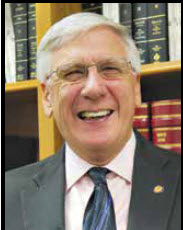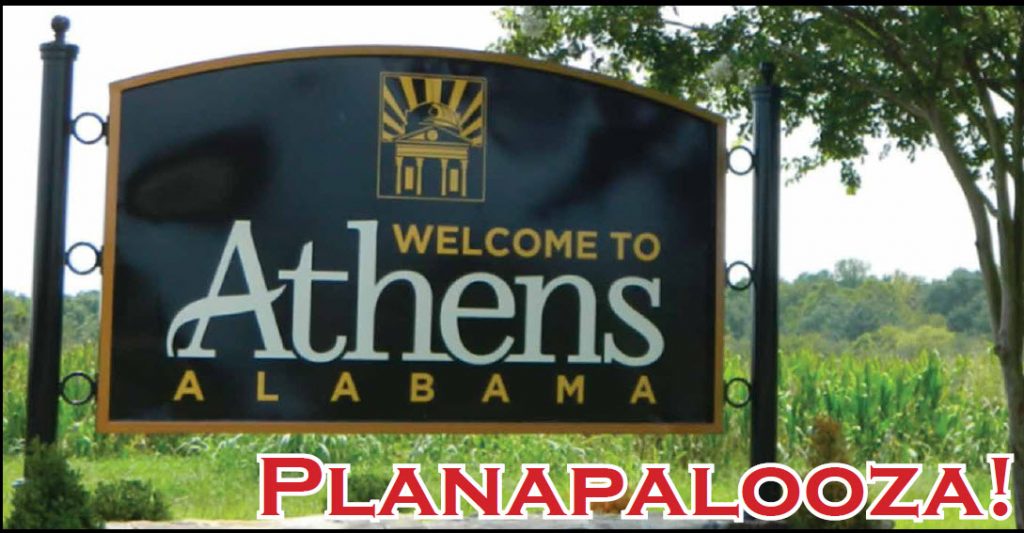 By: Ali Elizabeth Turner
By: Ali Elizabeth Turner
With the Delta variant somewhat disrupting our lives, Mayor Ronnie and I decided to meet at the large conference table in the City Hall conference room and sit way more than six feet apart. I was glad to be able to meet eye-ball-to-eyeball, and as has been the case several times over the years, Mayor Ronnie had something for me to read. It was an article from the August edition of Rotary magazine entitled, “That’s What Friends Are For.” The article talked about loneliness, and quoted a man by the name of Paul Harris as he discussed his struggle moving from a small town to Chicago in 1905. Paul said, “There is no place like a city park on a Sunday afternoon to feel one’s loneliness.” Rather than let loneliness cause him to languish, Paul fought back and formed what is known today as Rotary International. The article goes on to discuss what we have come in the last 18 months to understand like never before, and that is loneliness can be detrimental not only to our mental and emotional health but to our physical health as well. “Loneliness increases your risk of heart attack, stroke, and dementia. It impairs your immune system. It puts you at higher risk for depression, anxiety, and suicide. Lonely people, one study found, are 26 percent more likely to die prematurely than those who are not lonely-a risk on par with smoking obesity.” The article also cited the work of Julie Beck, an editor at The Atlantic magazine who compiled findings on friendship that transcend culture. Beck writes, “What’s really interesting to me about friendship is that it doesn’t have a set cultural script in the way other relationships have. You meet someone. You like each other. Then everything after that is up to the friends themselves.”
“Friendship is part of our infrastructure, and is not a luxury,” said Mayor Ronnie as he told about the several people in his life and on staff that are currently struggling with illness, including cancer. “We have said many times that our main areas of concern are public safety, education, quality of life, improving government, and I want to add faith along with friendship,” he said. “We need rituals to help us keep connected,” he added.
We moved on to the newest update from the folks who brought us Planapalooza, the highly successful set of urban planning meetings held earlier this summer that are part of what is formally called the “Scenario Planning And Likely Impact Analysis.” There are three scenarios, each forecasting three levels of growth. “If we grow moderately, which is scenario number two, we will be adding 17,000 new residents, and are going to need 48 new police officers and 29 new firemen,” he said. “Yikes! This is moderate?” I exclaimed. He nodded. He added that soon he was going to announce the development of new retail projects and some hotels from national chains. Then we prayed from across the room, and it was time once again for Ronnie to roll.
By: Ali Elizabeth Turner






